[…]
As Seen on RPA: Introduction to Exceptional Species
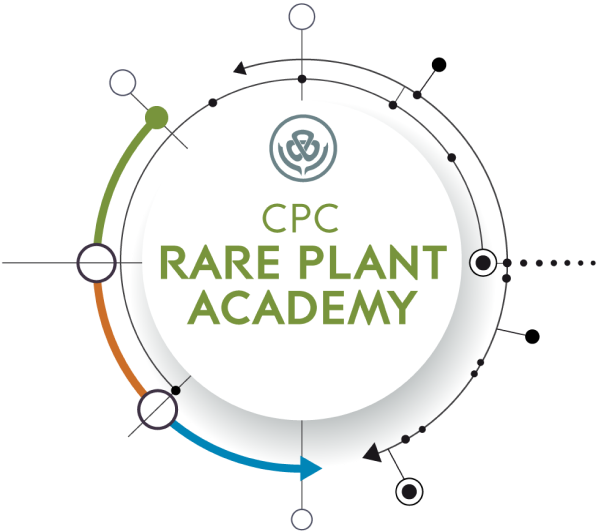
Non-orthodox species that cannot be conserved long-term using conventional seed banking methods. This includes species with few or no seeds available for banking, species with seeds that are intolerant of desiccation and freezing, or seeds that can tolerate drying, but not freezing, or species that may only tolerate storage at –20oC for less than 10 years.

[…]
Hymenocallis henryae flowering in May; maturing capsules in June; and mature green fruits in July. Note the soft, brown, rotten fruit. In this species, maturity of seeds is marked by bright green, hard to the touch seeds. […]

[…]

The Cincinnati Zoo & Botanical Garden’s Center for Conservation and Research of Endangered Wildlife (CREW) has partnered with 18 partner organizations across the United States to develop standardized and improved methods for getting oak species into tissue culture and cryopreservation as part of a three-year IMLS-funded project. At the conclusion of year one, we used […]
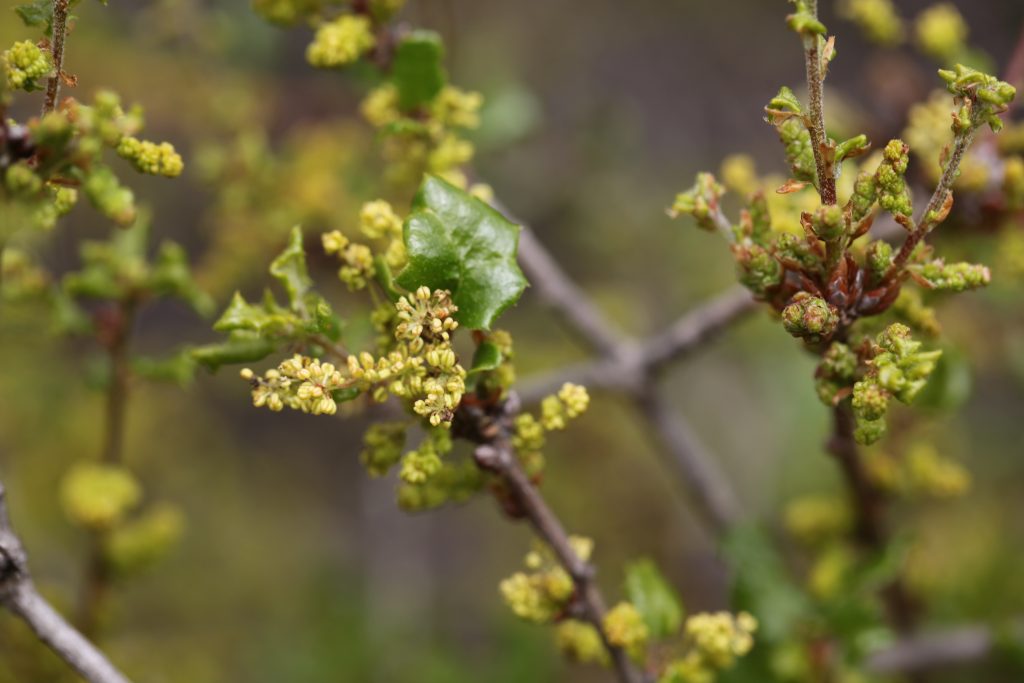
[…]
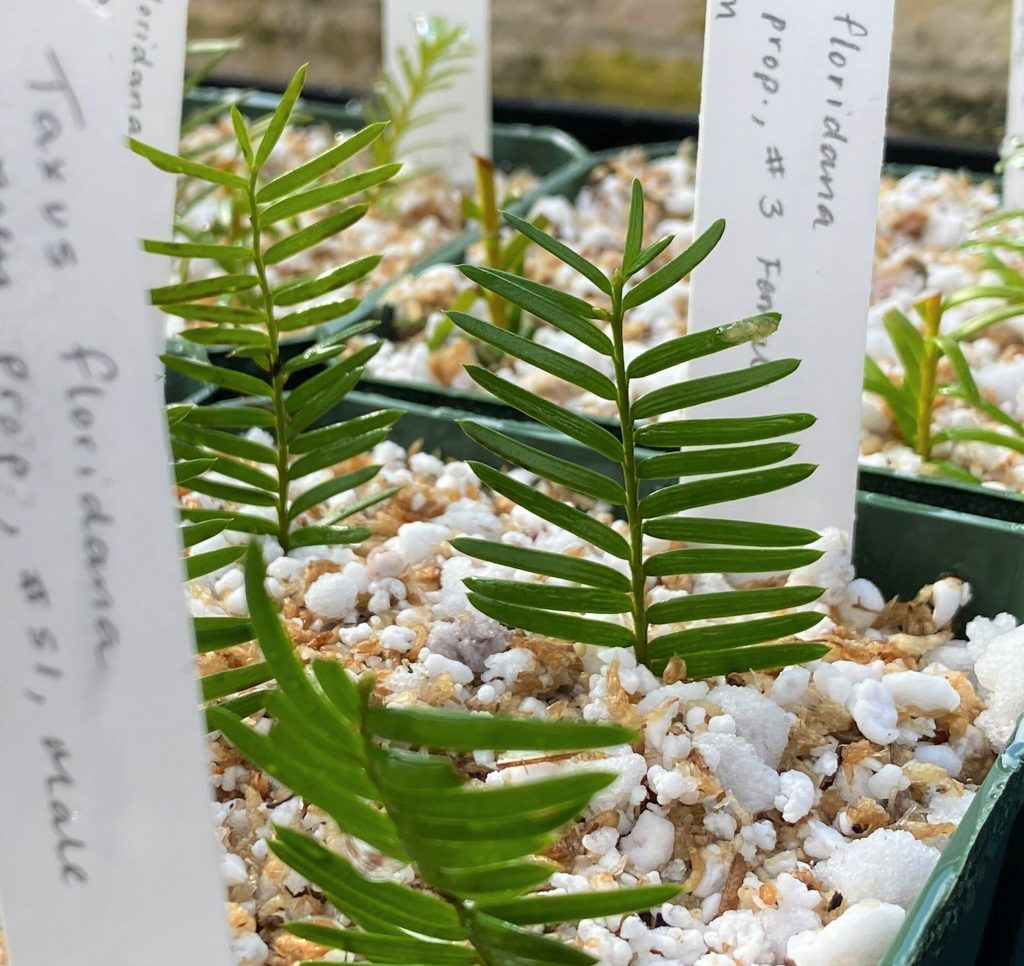
[…]
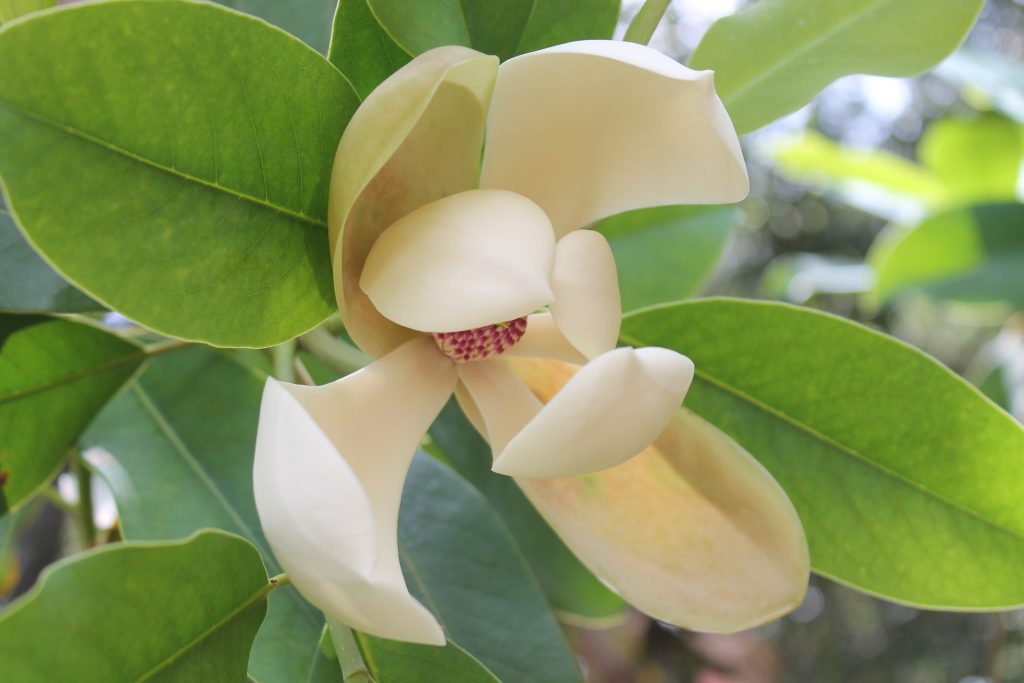
[…]
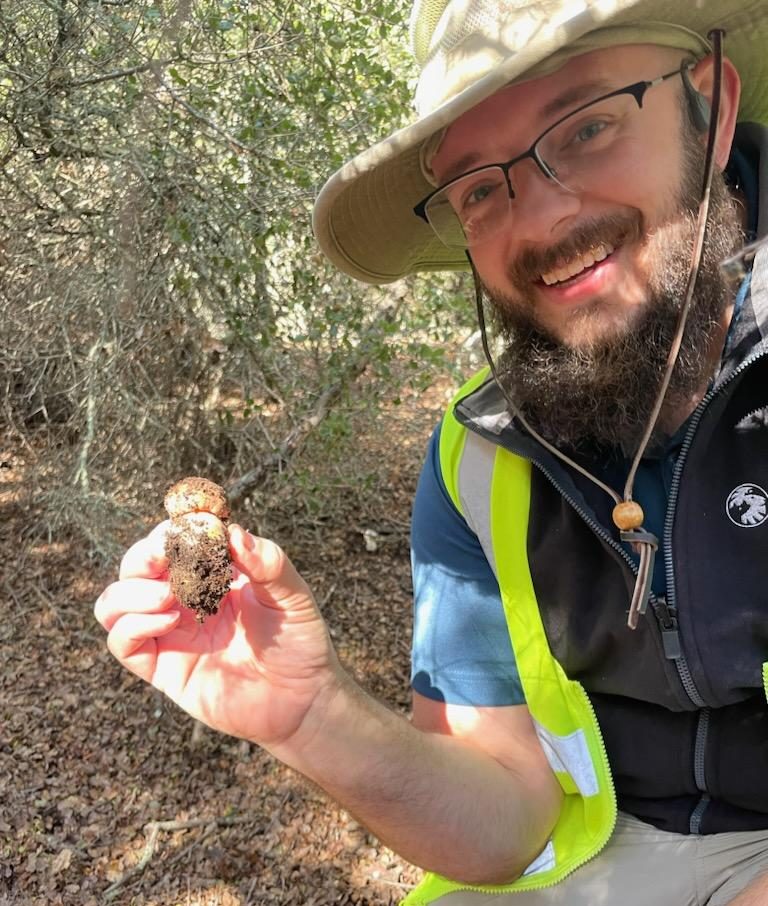
[…]
floridana, C, these cuttings will be used to establish propagation protocols, following ABG\’s successful methods for close relative […]
At the ABG Conservation Seed Bank, a few freshly harvested seeds of Florida Yew (Taxus floridana) were sacrificed, having their characteristic fleshly red cup (aril) removed before weighing and drying to determine the average moisture content. This value will be used to desiccate remaining seeds to a moisture content of precisely 4-7% before entering a germination […]

As the number of plant species thought to be exceptional, or unable to be seed banked using traditional methods, grows, so too does the need for information on these species. However, there’s a critical lack of information on successful long-term storage protocols for many exceptional plants, and a greater number that haven’t yet been evaluated […]
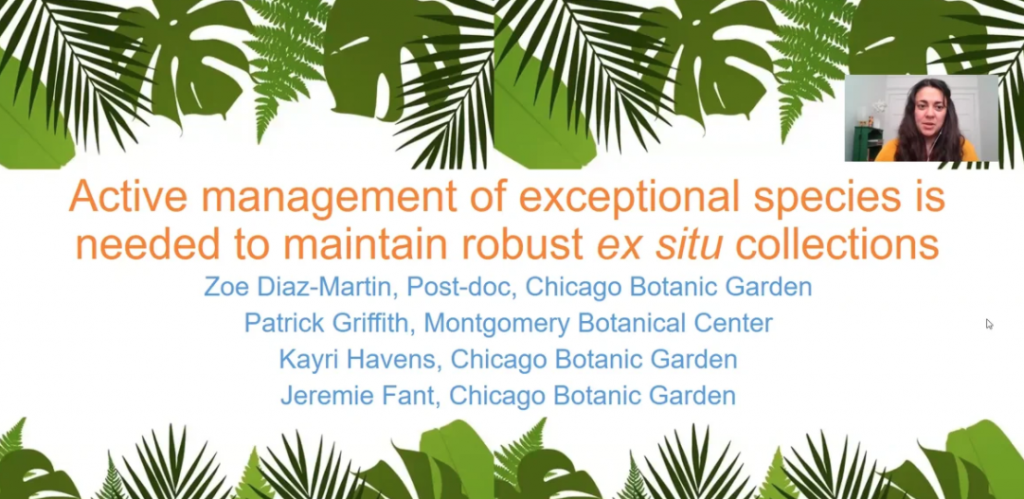
Zoe Diaz-Martin, Chicago Botanic Garden Are botanic gardens effectively managing populations of exceptional plant species held across collections? Do garden collections represent the amount of genetic diversity that characterizes the in situ population? We explore these questions in the rare palm Attalea crassispatha, an exceptional species endemic to Haiti with fewer than 50 individuals found […]
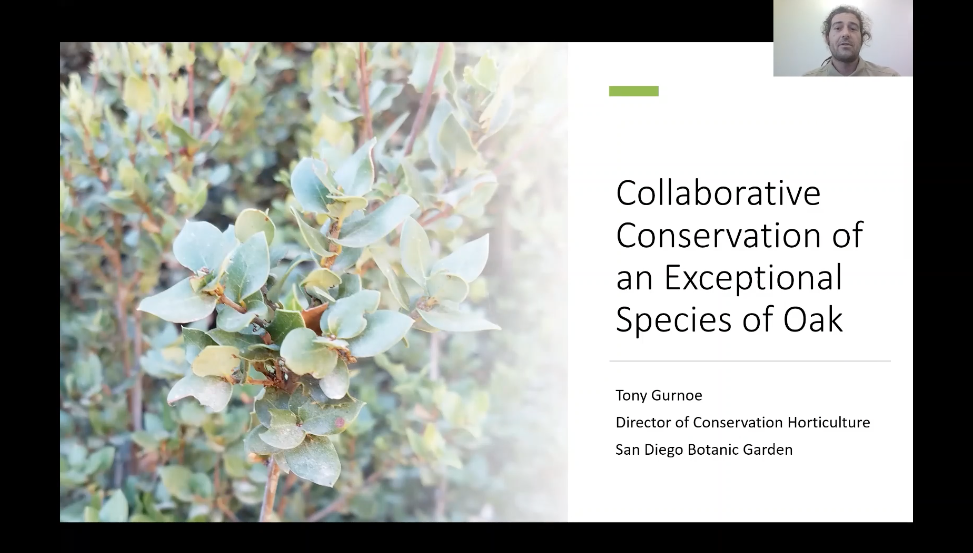
Tony Gurnoe, San Diego Botanic Garden A small disjunct population of Quercus cedrosensis just north of the border faces a barrage of threats, from wildfire and drought to succumbing to bulldozer blades as part of the border wall construction. Recognizing the immediacy of the need, especially given the lack of even a single ex-situ specimen known […]
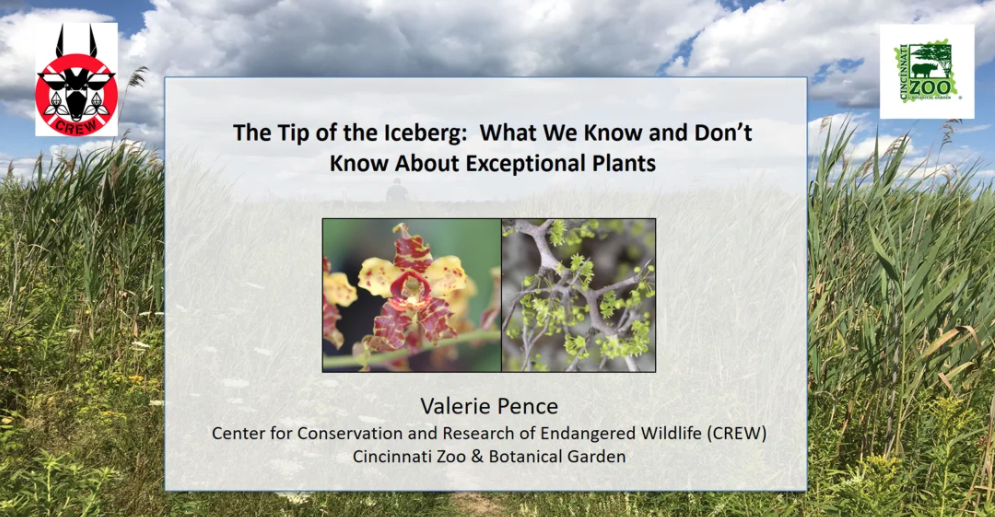
Valerie Pence, Cincinnati Zoo & Botanical Garden Plant species that, either through seed availability or physiology, are unable to be conserved and recovered using conventional seed banking practice have been designated as exceptional plants. A definition of exceptionality has recently been put forward, describing four factors that contribute to this condition, depending on what step in […]
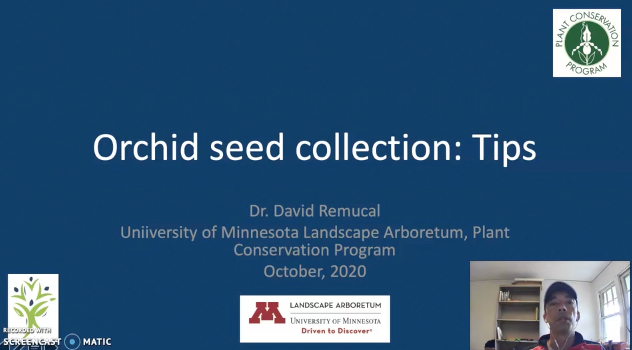
David Remucal, University of Minnesota Landscape Arboretum While many seedbanks avoid working with orchids, more groups are taking them on, or collecting them for groups that are. Collecting rules and protocols are not different for orchids but there are enough complexities in their biology to intimidate collectors new to orchids. Orchid seeds are the smallest in […]
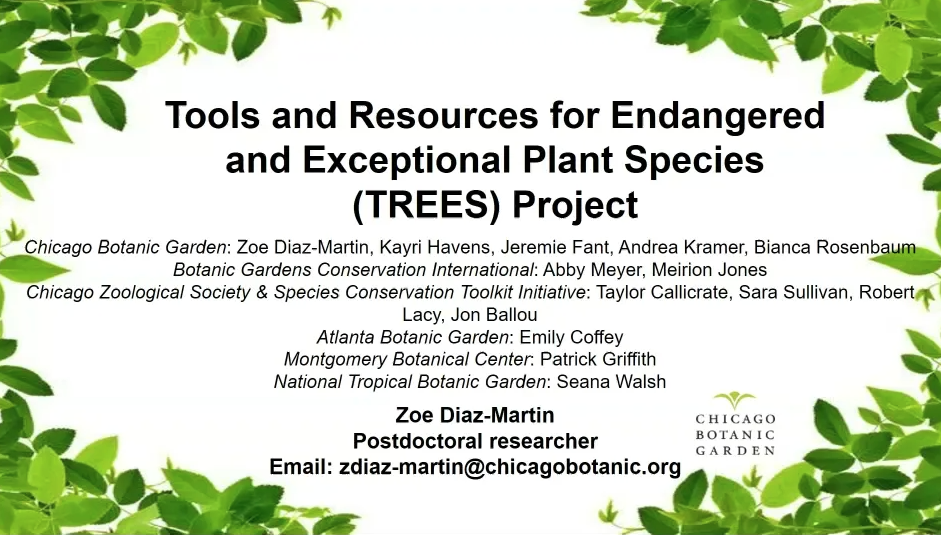
Zoe Diaz-Martin, Chicago Botanic Garden As global biodiversity continues to decline, how can we ensure the long-term conservation of exceptional plant species? Our collaborative project is addressing this question by developing tools and resources that will position botanic gardens as key players in global plant conservation. In adopting the successful framework used in the zoological community, […]

Joyce Maschinski, Center for Plant Conservation Joyce Maschinski interviews world famous plant cryo-biologists to learn about how cryopreservation of plant cells is imperative for the future of food. Many food crops can’t be preserved using traditional seed preservation methods. For some of these species cryopreservation is the only long term option. Plant researchers from across […]
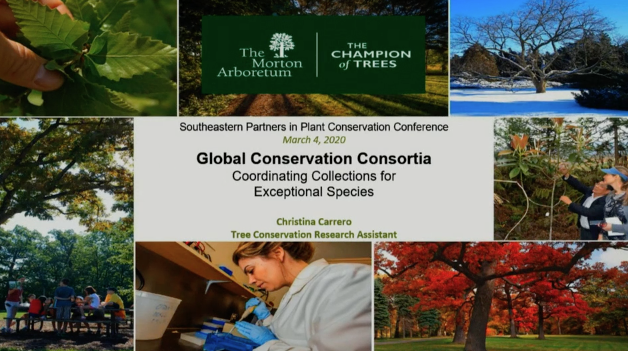
Christina Carrero, The Morton Arboretum, Emily Coffey, Atlanta Botanical Garden, Patrick Griffith, Montgomery Botanical Center A 2019 study by Griffith, et al. showed that gardens must collaborate to conserve genetic diversity, especially for exceptional species whose seeds cannot be properly seed banked. This process of capturing the genetic diversity of exceptional species in ex situ […]